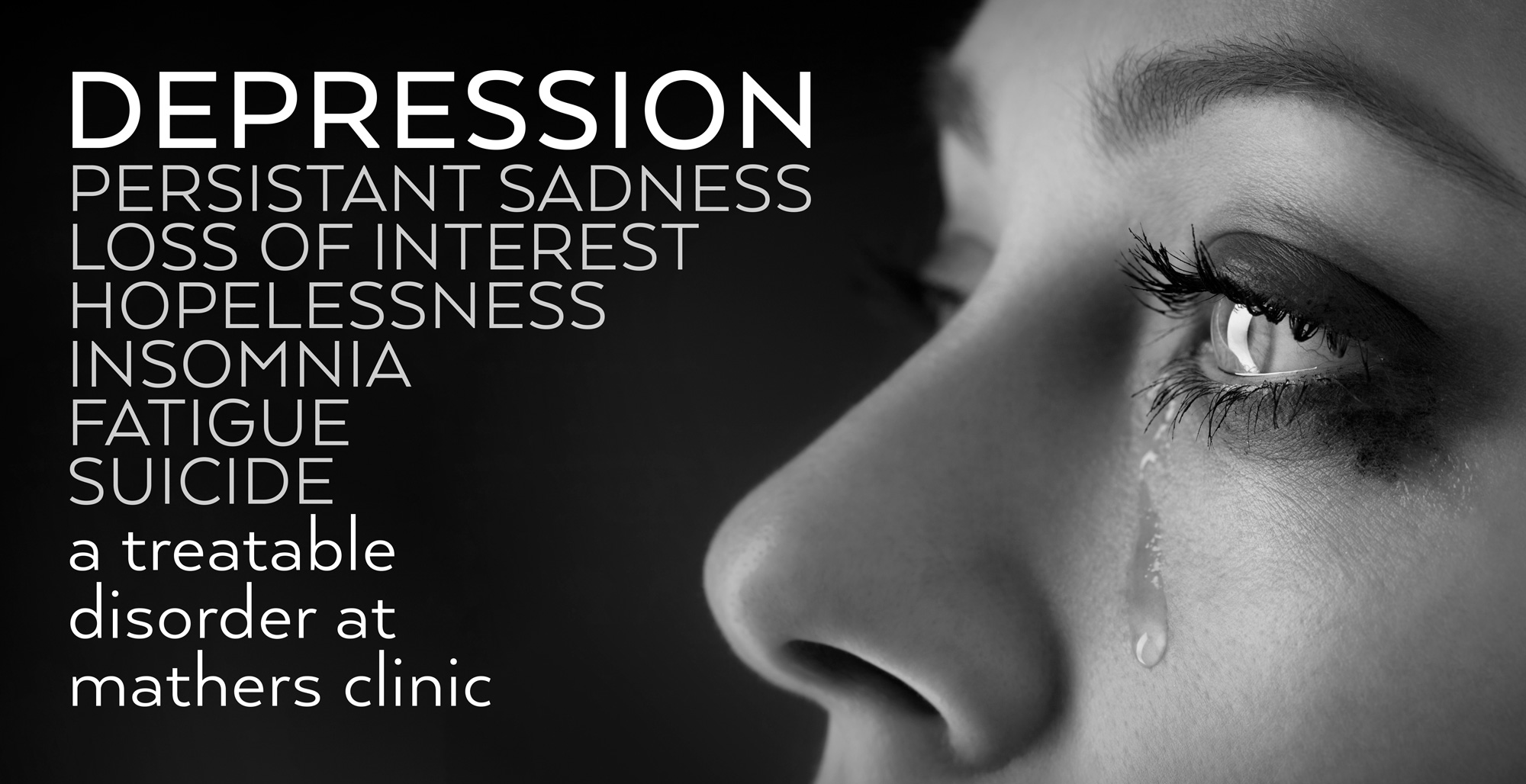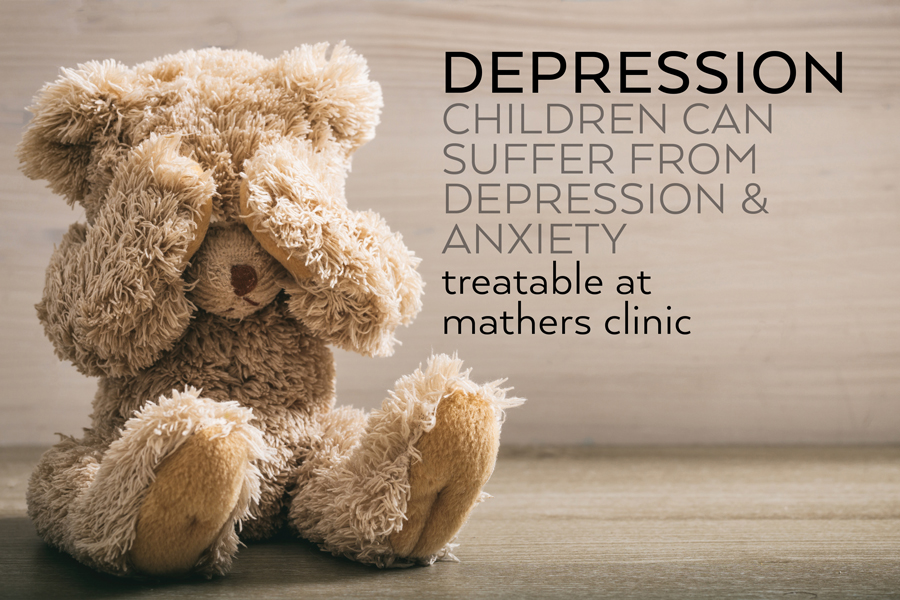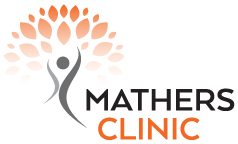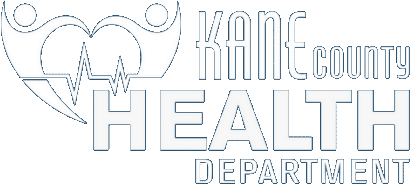DEPRESSION
OUR SERVICESUnderstanding Depression
Depression, even the most severe cases, is a highly treatable disorder. As with many illnesses, the earlier that treatment can begin, the more effective it is and the greater the likelihood that recurrence can be prevented.
The first step to getting appropriate treatment is to visit a doctor. Certain medications, and some medical conditions such as viruses or a thyroid disorder, can cause the same symptoms as depression. A doctor can rule out these possibilities by conducting an interview and lab tests. A psychiatrist will complete a full evaluation to determine if he or she suffers from depression.
Once diagnosed, a person with depression can be treated with a number of methods. The most common treatments are a combination of medication and cognitive behavioral therapy.
DEPRESSION
Everyone occasionally feels blue or sad, but these feelings are usually fleeting and pass within a couple of days. When a person has a depressive disorder, it interferes with daily life and normal functioning, and causes pain for both the person with the disorder and those who care about them. Depression is a common but serious illness, and most who have it need treatment to get better. Depression is a treatable illness.
Depression affects both men and women, but more women than men are likely to be diagnosed with depression in any given year. Efforts to explain this difference are ongoing, as researchers explore certain factors (biological, social, etc.) that are unique to women. Many women with a depressive illness never seek treatment. But the vast majority, even those with the most severe depression, can get better with treatment.
Signs & Symptoms
People with depressive illnesses do not all experience the same symptoms. The severity, frequency and duration of symptoms will vary depending on the individual and his or her particular illness.
Symptoms Include:
- Persistent sad, anxious or “empty” feelings
- Feelings of hopelessness and/or pessimism
- Feelings of guilt, worthlessness and/or helplessness
- Irritability, restlessness
- Loss of interest in pleasurable activities or hobbies, including sex
- Fatigue and decreased energy
- Difficulty concentrating, remembering details and making decisions
- Insomnia, early–morning wakefulness, or excessive sleeping
- Overeating, or appetite loss
- Thoughts of suicide, suicide attempts
- Persistent aches or pains, headaches, cramps or digestive problems that do not ease even with treatment
Learn about TREATMENTS FOR DEPRESSION.
Contact Mathers Clinic
Contact us to schedule an appointment with a psychiatrist or for more information about our services by calling (815) 444.9999. You may also email us at info@themathersclinic.com. We look forward to helping you meet with a psychologist at a time that works well for you.
815.444.9999 |
|
Download Depression Self-Rating Scale
Please download, print and fill out the form below. Do you need Adobe Acrobat Reader DC? It’s free – CLICK HERE.
Understanding Depression: Treatments
Depression, even the most severe cases, is a highly treatable disorder. As with many illnesses, the earlier that treatment can begin, the more effective it is and the greater the likelihood that recurrence can be prevented.
The first step to getting appropriate treatment is to visit a doctor. Certain medications, and some medical conditions such as viruses or a thyroid disorder, can cause the same symptoms as depression. A doctor can rule out these possibilities by conducting an interview and lab tests. A psychiatrist will complete a full evaluation to determine if he or she suffers from depression.
Once diagnosed, a person with depression can be treated with a number of methods. The most common treatments are a combination of medication and cognitive behavioral therapy.
Medication
Antidepressants work to normalize naturally occurring brain chemicals called neurotransmitters, notably serotonin and norepinephrine. Some antidepressants work on the neurotransmitter dopamine. Scientists studying depression have found that these particular chemicals are involved in regulating mood, but they are unsure of the exact ways in which they work.
The newest and most popular types of antidepressant medications are called selective serotonin reuptake inhibitors (SSRIs). SSRIs include fluoxetine (Prozac), citalopram (Celexa), sertraline (Zoloft) and several others. Serotonin and norepinephrine reuptake inhibitors (SNRIs) are similar to SSRIs and include venlafaxine (Effexor) and duloxetine (Cymbalta). SSRIs and SNRIs are more popular than the older classes of antidepressants, such as tricyclics–named for their chemical structure–and monoamine oxidase inhibitors (MAOIs) because they tend to have fewer side effects.
However, medications affect everyone differently–no one–size–fits–all approach to medication exists. Therefore, for some people, tricyclics or MAOIs may be the best choice.
People taking MAOIs must adhere to significant food and medicinal restrictions to avoid potentially serious interactions. They must avoid certain foods that contain high levels of the chemical tyramine, which is found in many cheeses, wines and pickles, and some medications including decongestants. MAOIs interact with tyramine in such a way that may cause a sharp increase in blood pressure, which could lead to a stroke. A doctor should give a patient taking an MAOI a complete list of prohibited foods, medicines and substances.
For all classes of antidepressants, patients must take regular doses for at least three to four weeks before they are likely to experience a full therapeutic effect. They should continue taking the medication for the time specified by their doctor, even if they are feeling better, in order to prevent a relapse of the depression.
Medication should be stopped only under a doctor’s supervision. Some medications need to be gradually stopped to give the body time to adjust. Although antidepressants are not habit–forming or addictive, abruptly ending an antidepressant can cause withdrawal symptoms or lead to a relapse. Some individuals, such as those with chronic or recurrent depression, may need to stay on the medication indefinitely.
In addition, if one medication does not work, patients should be open to trying another. NIMH–funded research has shown that patients who did not get well after taking a first medication increased their chances of becoming symptom–free after they switched to a different medication or added another medication to their existing one.
Sometimes stimulants, anti–anxiety medications, or other medications are used in conjunction with an antidepressant, especially if the patient has a co–existing mental or physical disorder. However, neither anti–anxiety medications nor stimulants are effective against depression when taken alone, and both should be taken only under a doctor’s close supervision.
Psychotherapy
Several types of psychotherapy–or “talk therapy”–can help people with depression.
Some regimens are short–term (10 to 20 weeks) and other regimens are longer–term, depending on the needs of the individual. Two main types of psychotherapies–cognitive–behavioral therapy (CBT) and interpersonal therapy (IPT)-have been shown to be effective in treating depression. By teaching new ways of thinking and behaving, CBT helps people change negative styles of thinking and behaving that may contribute to their depression. IPT helps people understand and work through troubled personal relationships that may cause their depression or make it worse.
For mild to moderate depression, psychotherapy may be the best treatment option. However, for major depression or for certain people, psychotherapy may not be enough. Studies have indicated that for adolescents, a combination of medication and psychotherapy may be the most effective approach to treating major depression and reducing the likelihood for recurrence. Similarly, a study examining depression treatment among older adults found that patients who responded to initial treatment of medication and IPT were less likely to have recurring depression if they continued their combination treatment for at least two years.
Repetitive Transcranial Magnetic Stimulation
Repetitive transcranial magnetic stimulation (rTMS) uses a magnet instead of an electrical current to activate the brain. First developed in 1985, rTMS has been studied as a possible treatment for depression, psychosis and other disorders since the mid-1990’s.
Clinical trials studying the effectiveness of rTMS reveal mixed results. When compared to a placebo or inactive (sham) treatment, some studies have found that rTMS is more effective in treating patients with major depression. But other studies have found no difference in response compared to inactive treatment.
In October 2008, rTMS was approved for use by the FDA as a treatment for major depression for patients who have not responded to at least one antidepressant medication. It is also used in countries such as in Canada and Israel as a treatment for depression for patients who have not responded to medications and who might otherwise be considered for ECT.

Depression: Children & Adolescents
Does your child suffer from depression? Childhood depression is a risk factor for developing a number of other mental-health symptoms and disorders. It is the leading cause of disability in the United States for people over 5 years of age. Symptoms can include a depressed and/or irritable mood or loss of interest and/or pleasure for at least two weeks. Family members and friends are advised to seek mental-health assessment and treatment for children showing signs of depression.


Respectfully Caring for the Emotional Well Being of Individuals & Families.
Crystal Lake Office
145 South Virginia Street
Crystal Lake, Illinois 60014
phone: 815.444.9999
fax: 815.986.1363
Crystal Lake Business Hours
Monday 8:00am - 7:00pm
Tuesday 8:00am - 7:30pm
Wednesday 8:00am - 6:00pm
Thursday 8:00am - 5:00pm
Friday 8:00am - 5:00pm
Saturday 9:00am - 12:00pm
Sunday Closed
Woodstock Office
715 West Judd Street
Woodstock, Illinois 60098
phone: 815.444.9999
fax: 815.986.1363
Woodstock Business Hours
Monday 9:00am - 5:00pm
Tuesday 9:00am - 7:00pm
Wednesday Closed
Thursday 9:00am - 7:00pm
Friday 8:00am - 5:00pm
Saturday Closed
Sunday Closed
Elgin Office - New Location!
420 Airport Road, Suite C
Elgin, Illinois 60123
phone: 847.462.6099
fax: 847.628.6064
Elgin Business Hours
Hours Coming Soon!
Call 847.462.6099
for an Appointment
Mathers Community Mental Health Center Affiliates:
THE MATHERS RECOVERY
Federally licensed facilities for opiate/opioid treatment. Full range service for detoxification.
THE MATHERS CLINIC & MATHERS RECOVERY
Funding for this project was provided in partby the Kane County Health Department.
